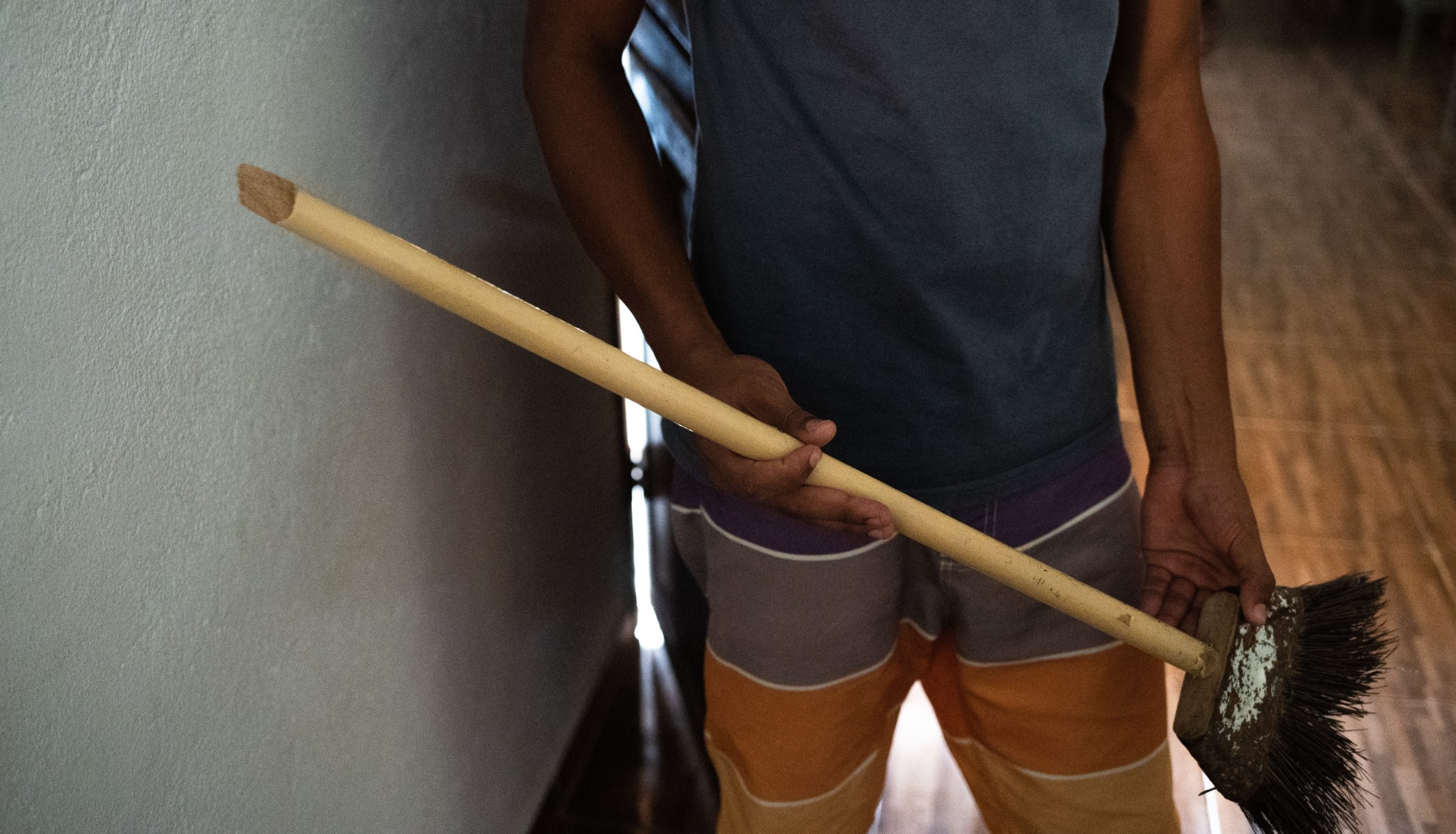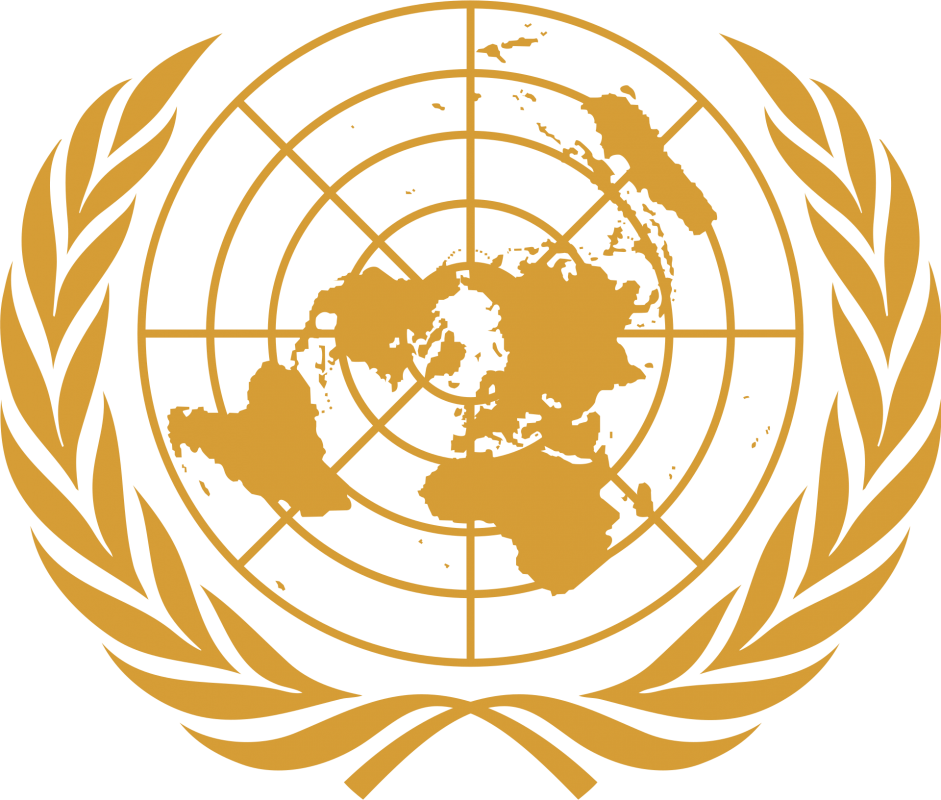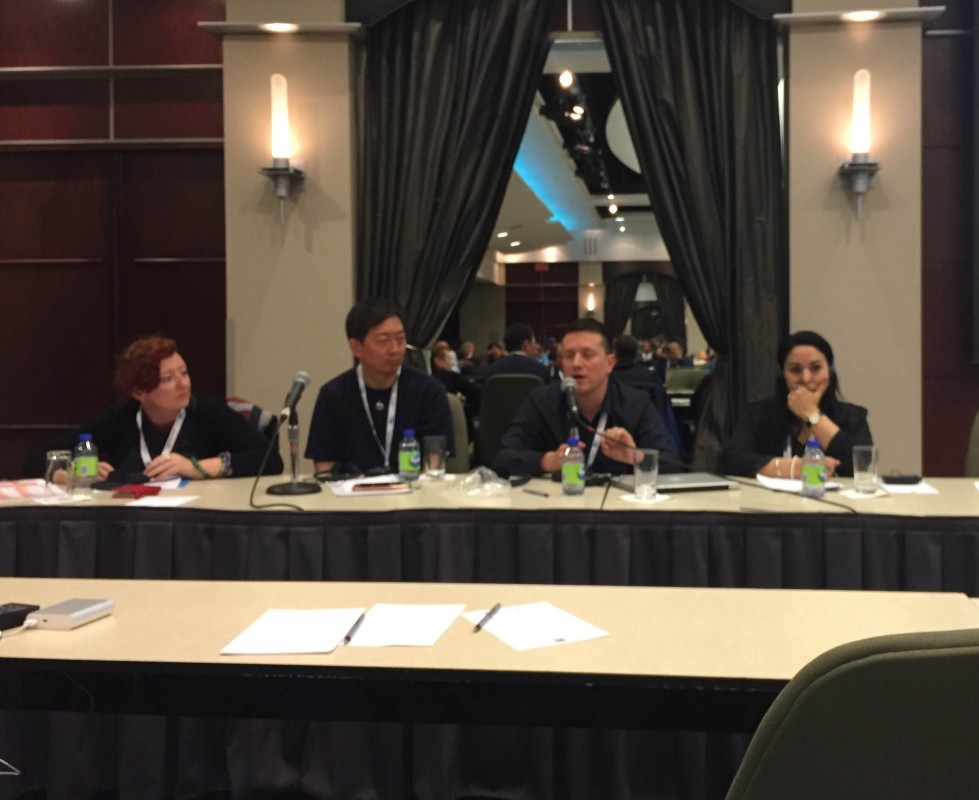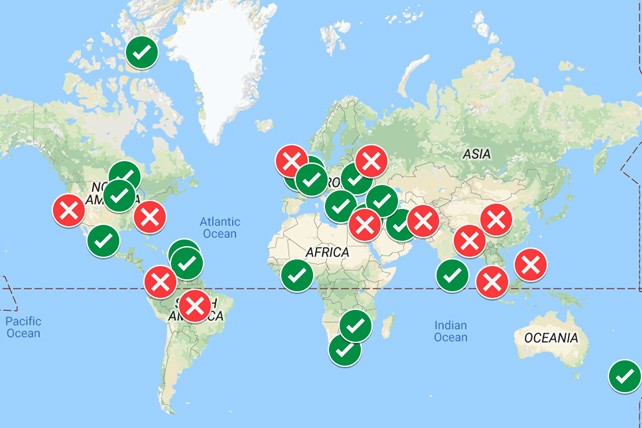The United Nations Development Programme–Brazil is taking further steps in its ideological alignment with Jair Bolsonaro’s cabinet. TalkingDrugs recently reported on the Brazilian government’s support of faith-based rehab institutions as part of a drug policy that prioritises abstinence over harm reduction and the war on drugs over decriminalization and regulation. We have also reported UNODC’s and UNDP’s institutional and moral allegiance to Bolsonaro’s war on drugs, and the perils of this partnership. This article discusses a public bid announcement released by the UN agency and the Ministry of Citizenship which invited research institutions to apply for a R$570,000 grant (£71,618) to conduct a study on the benefits of religion, spirituality, and faith for treating people who use drugs.
The terms of reference of the bid defend the idea that there is an epidemic of drug use in Brazil, a hypothesis refuted by a study previously censored by the Brazilian government. UNDP’s institutional and financial support to this initiative is an approving nod not only to the religious wing of the government, but to Brazil’s Evangelical Caucus as a whole. The announcement’s language is rife with stigmatising terms. Under the “Justification” section, a single paragraph contains the word “abuse” three times, and there is not a single mention to harm reduction. The use of drugs is translated as “chemical dependency”, and characterised as a mental disease. The authors praise what they understand as the benefits of religion for “prevention, diagnosis, treatment and prognosis of chemical dependency”, and quote a methodologically dubious study to assert that “individuals who have a religious/spiritual basis use less drugs”. This laudation of spirituality and religion has a clear audience: the owners of therapeutic communities contracted by the government to offer treatment—that is; forced labour and physical and psychological punishment for people who use drugs.
Harm Promotion in the Name of God
There is a long history of the use and imposition of faith and religion in the treatment of people who use drugs, and the framing of drug use within the category of moral sin. During the mid-Nineteenth Century, in the context of the Opium Wars, British medical missionaries regarded “Christianity as their most valuable herb in the treatment of opium smoking. The British physicians had decided that the ultimate cure for drug addiction lay within the individual addict.” They assumed that the Chinese people, being ‘heathens’, “inherently lack[ed] moral fibre and that Christianity would have to be infused into each patient before he would have the strength of character to reform himself.” Scholarship and journalism show us that many people committed to faith-based rehab programmes flee the organisations at the first opportunity they can find, be it in Brazil, the UK or the USA.

Clarissa Levy denounced the physical and psychological abuses suffered by teenager interns in a faith-based therapeutic community in Minas Gerais, Brazil. In this picture by Vitor Shimomura an intern shows a broken broom used to chastise the boys. The youth told Levy that the broom remained in one of the bedrooms as a reminder that the interns might be physically punished should they break any rule. Source: Agência Publica/Author: Vitor Shimomura.
Physical and symbolic violence is inherent in the processes of religious pathologisation of people who use drugs, and the history of violence against people who use drugs in Brazilian therapeutic communities should be a cause of concern for UN agencies partnering with the Brazilian government, especially now that involuntary commitment was made legal again by Bolsonaro in 2019. As of July 2020, the government authorised the involuntary commitment of children as young as 12 years old to rehab programmes.
As a matter of fact, the International Narcotics Control Board’s report for 2020 disapproves Bolsonaro’s policy of committing people who use drugs to rehab “without the consent of the patient, at the request of a family member or legal guardian or, in the absolute absence of a guardian, a public servant in the field of health who verifies the existence of reasons that justify the measure.” But even though the Board “discourages the use of compulsory treatment for the rehabilitation of patients suffering from drug use disorders”, the language of the report also frames drug use as a pathology. Perhaps surprisingly, the Board does not seem to be concerned with the fact that Brazilian rehab organisations are not subject to accountability; no agency oversees them.
By acting in partnership with the Ministry of Citizenship, a stronghold of Bolsonarism, UNDP is helping to provide a confirmation bias that legitimises the war on drugs and the victimisation of vulnerable people in Brazil, and going against the UN’s alleged mission of supporting human rights across the globe.
*Felipe Neis Araujo is a Brazilian anthropologist concerned with drug policies, state violence, structural racism, and repair for historical inequalities. He writes a monthly article for TalkingDrugs. Contact him at neis.araujo@gmail.com.


